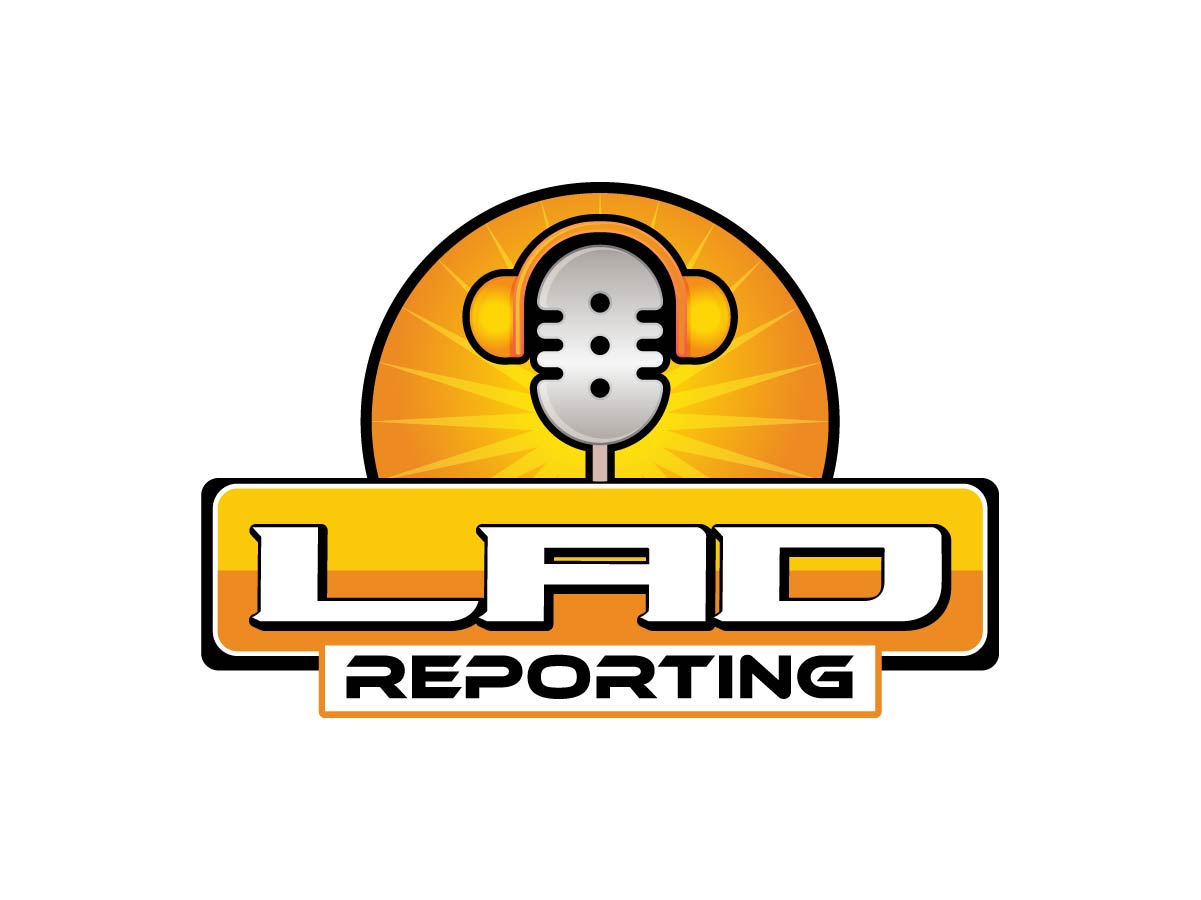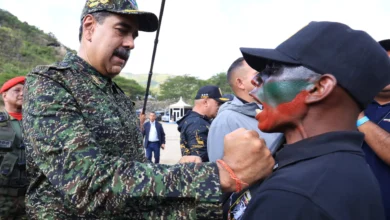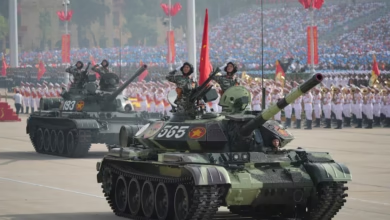What do Putin and Trump each want from the Alaska summit?
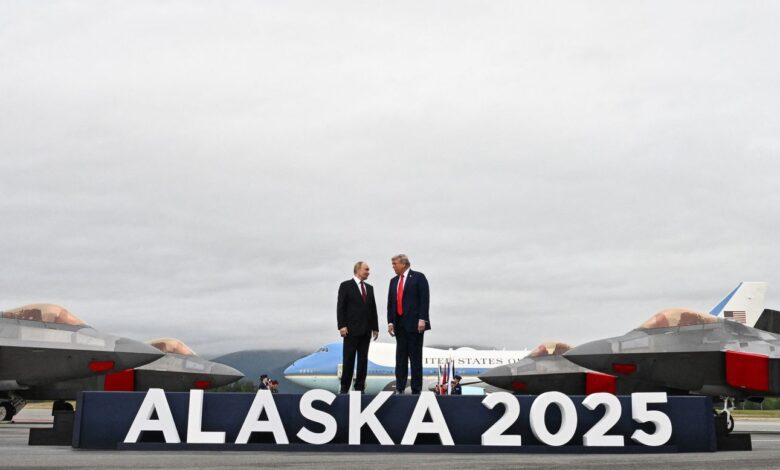
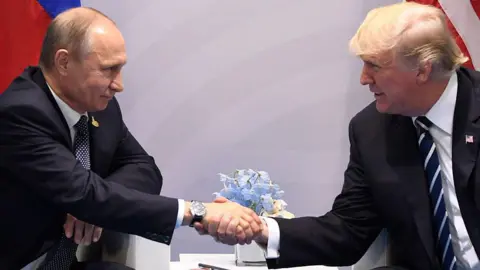
On Friday, US President Donald Trump and Russian President Vladimir Putin will meet in Anchorage.
As they get ready for negotiations to end Russia’s war in Ukraine, US President Donald Trump and Russian President Vladimir Putin will arrive at the summit in the US state of Alaska on Friday with divergent agendas.
Trump has made no secret of his intention to serve as a global peacemaker, while Putin has consistently expressed his desire to annex Ukrainian territory.
However, both men can potentially see other opportunities, like Putin’s diplomatic comeback on the international scene. Given Trump’s recent equivocal remarks toward his Russian counterpart, it is more difficult to question his intentions.
A more thorough look at what the two leaders may hope to get out of the meeting can be found here.
Putin eyes international recognition… and more
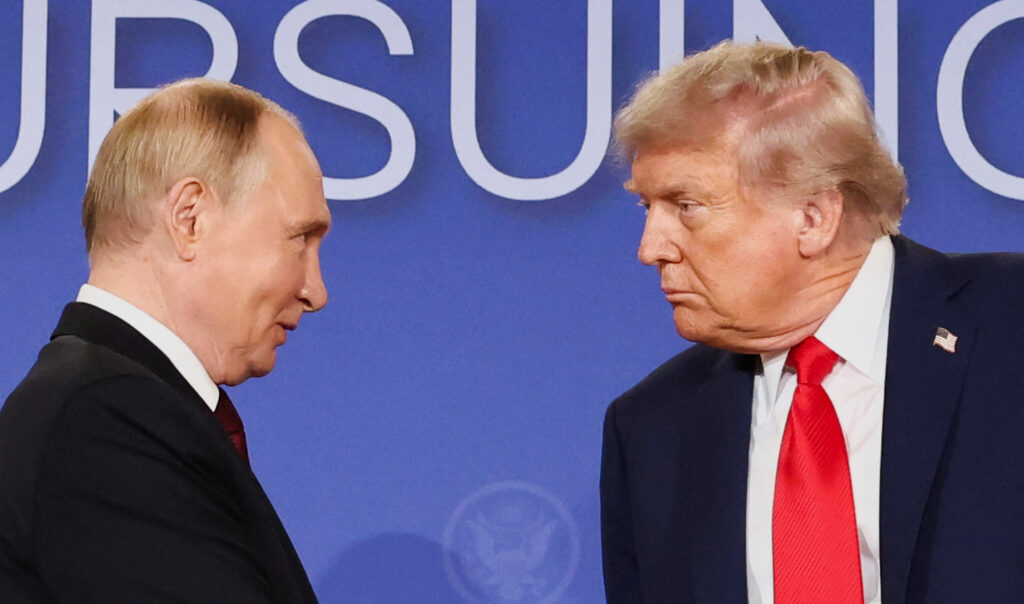
Putin’s first request for this summit is something that has already been granted to him.
And that’s acknowledgment.
America, the most powerful nation in the world, acknowledged that Western attempts to isolate the leader of the Kremlin had not succeeded.
That is demonstrated by the joint press conference announced by the Kremlin and the fact that this high-level meeting is taking place. Russia has made a comeback to the top table of world affairs, according to the Kremlin.
The tabloid Moskovsky Komsomolets clattered, “So much for being isolated,” earlier this week.
Putin has not only landed a US-Russia meeting, but a superb location for it as well. The Kremlin can benefit greatly from Alaska.
Security comes first. Alaska’s mainland is only 90 kilometers (55 miles) from Russia’s Chukotka at its closest point. Vladimir Putin doesn’t have to fly over “hostile” countries to get there.
Secondly, it’s a long, long way from Europe and Ukraine. That aligns with the Kremlin’s resolve to negotiate directly with America and ignore Kyiv and EU leaders.
Additionally, there is historical symbolism. Moscow is attempting to redraw its borders by force in the twenty-first century, citing the 19th-century sale of Alaska to America by Tsarist Russia as justification.
“Alaska is a clear example that state borders can change, and that large territories can switch ownership,” Moskovsky Komsomolets stated.
However, Putin is looking for more than simply symbolism and international recognition.
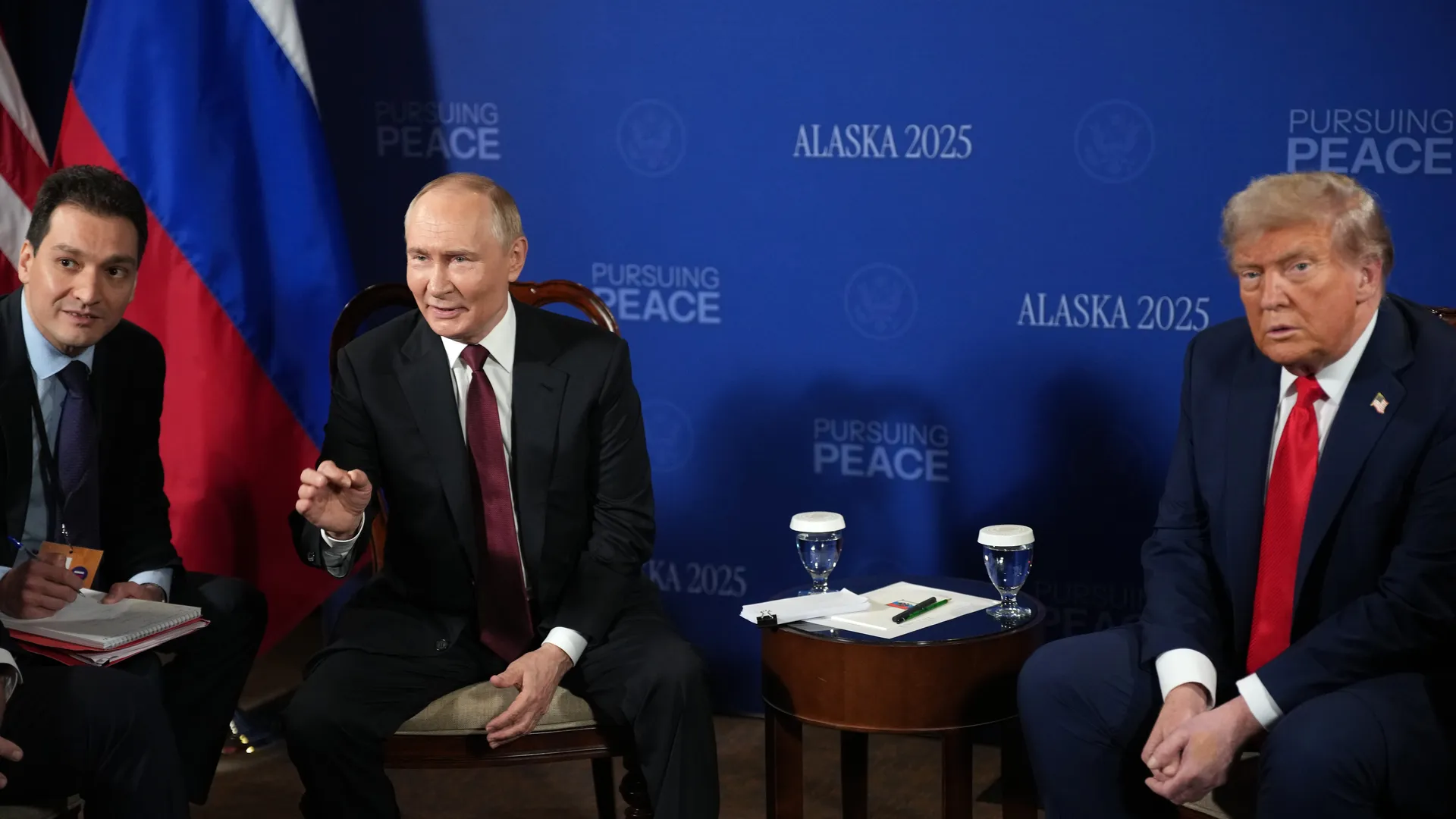
His goal is to win. He has been demanding that Kyiv leave the areas of the four Ukrainian provinces that are still under Ukrainian control and that Russia retain all of the territory it has captured and occupied in Donetsk, Luhansk, Zaporizhzhia, and Kherson.
This is unacceptable to Ukraine. “Ukrainians will not give their land to the occupier,” Volodymyr Zelensky, the president of Ukraine, declares.
The Kremlin is aware of this. However, if it can get Trump to agree to its territorial demands, it might be calculated that if Ukraine rejects it, Trump would stop supporting Kyiv altogether. Russia and the US would continue to strengthen their ties and expand their economic cooperation in the interim.
However, there is an alternative situation.
The economy of Russia is facing pressure. Oil and gas export revenue is declining while the budget deficit is growing.
The Kremlin might make concessions if Putin is being pressured by economic issues to stop the war.
That doesn’t appear to be the case at the moment, as Russian authorities maintain that their country is in the lead on the battlefield.
Trump seeks chance to claim progress toward peace
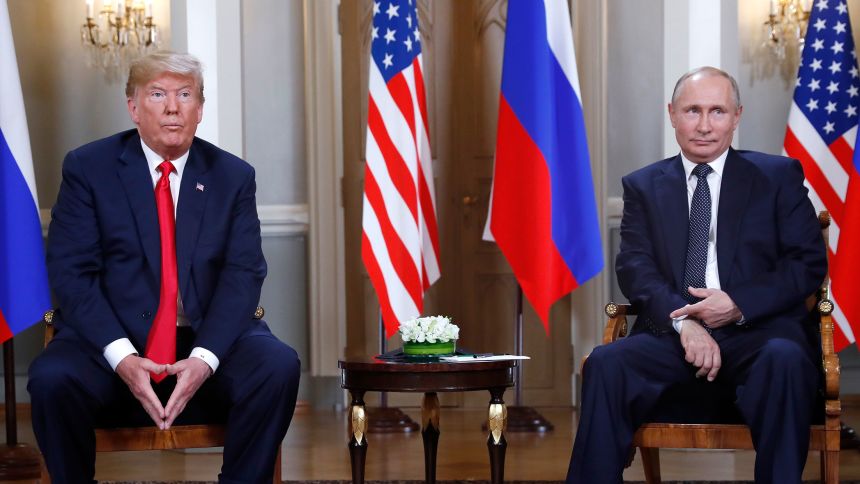
During his 2024 presidential campaign, Trump famously said that he could stop the conflict in Ukraine in a few days and that it would be simple.
Since returning to the White House in January, the American president has alternated between frustration with the Russians and the Ukrainians, and that promise has lingered over his efforts to end the crisis.
After berating Zelensky during a contentious White House meeting in February, he temporarily halted intelligence sharing and military assistance to the war-torn country.
He has set a number of deadlines for fresh penalties on the Russians and other countries that do business with them, and in recent months, he has been increasingly scathing of Putin’s intransigence and willingness to attack civilian targets.
The most recent deadline was last Friday, and like all previous deadlines, Trump eventually retreated.
Ukraine is concerned that the “land-swapping” he is discussing with the Russian president, while he is in the United States, could involve giving up land in exchange for peace.
Therefore, Trump’s inconsistent words and actions cloud any discussion about what he intends from his Friday meetings with Putin.
Trump’s journey to Alaska and the evolution of his views on Ukraine
Perhaps in an implicit recognition of the slim chances of a breakthrough with just one warring party there, Trump has worked hard this week to reduce the expectations for this meeting.
He said the summit will be a “feel-out” gathering on Monday. He said that “probably in the first two minutes” he would be able to tell if he could make an agreement with the Russian leader.
“I may leave and say good luck, and that’ll be the end,” he said. “I may say this is not going to be settled.”
Reiterating this point, White House press secretary Karoline Leavitt referred to the summit as a “listening session” on Tuesday. However, by the middle of the week, he was promoting the possibility of a settlement once more, stating that he believes Putin and Zelensky have a desire for peace.
It’s usually prudent to anticipate the unexpected when dealing with Trump. In an attempt to prevent him from reaching a deal with Putin that Ukraine cannot or would not accept, Zelensky and European leaders spoke with him on Wednesday.
But one thing has been evident almost all year: Trump would be thrilled to be the one to bring the war to a close.
He stated in his inaugural address that he wished to be remembered as a “peacemaker” in the greatest way possible. It’s no secret that he aspires to be recognized globally with a Nobel Peace Prize.
Trump boasted in the Oval Office on Thursday about all the international disputes he believes he has been able to settle since assuming office in January. However, he made a rare admission of the difficulty he currently has when questioned about the conflict in Ukraine.
“I thought the easiest one would be this one,” he replied. “It’s actually the most difficult.”
Trump avoids getting caught up in specifics. However, he will seize the chance to assert that he has achieved some peace during the negotiations in Anchorage.
Being a skilled negotiator, Putin might try to find a way to allow Trump to do so, naturally on Russian terms.
READ MORE: LAD REPORTING
